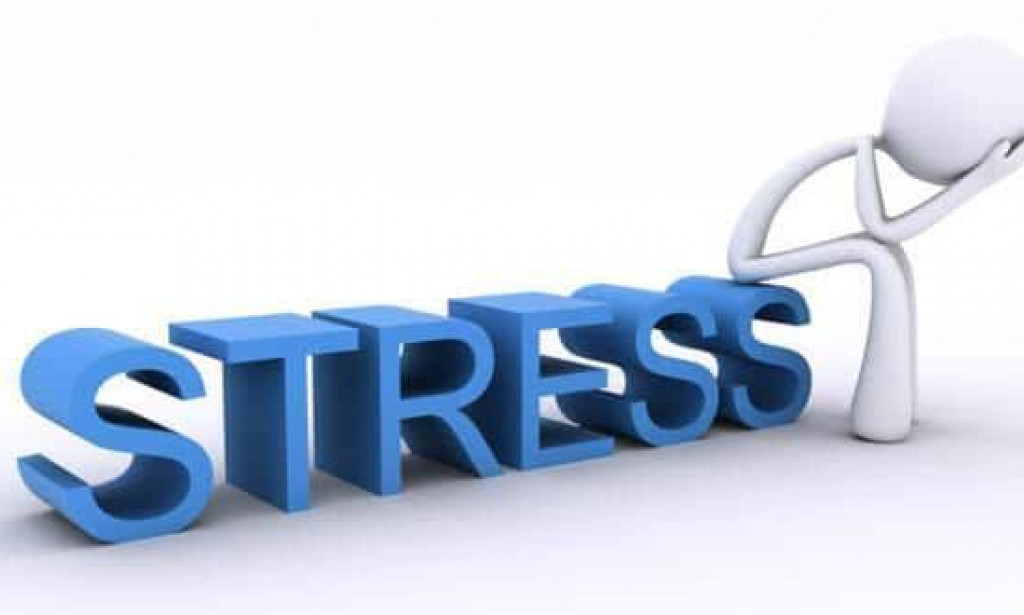Stress is a normal reaction the body has when changes occur, resulting in physical, emotional and intellectual responses. Stress management training can help you deal with changes in a healthier way.
Now, what is stress? Stress is a normal human reaction that happens to everyone. In fact, the human body is designed to experience stress and react to it. When you experience changes or challenges . Your body produces physical and mental responses. That’s stress.
Stress responses help your body adjust to new situations. Stress can be positive, keeping us alert, motivated and ready to avoid danger.
For example, if you have an important test coming up, a stress response might help your body work harder and stay awake longer. But stress becomes a problem when stressors continue without relief or periods of relaxation.
WHAT HAPPENS TO THE BODY DURING STRESS?
The body’s autonomic nervous system controls your heart rate, breathing, vision changes and more. There is a built-in stress response, called the “fight-or-flight response,” which helps the body face stressful situations.
_Physical symptoms of stress include:_
1. Aches and pains.
2. Chest pain or a feeling like your heart is racing.
3. Exhaustion or trouble sleeping.
4. Headaches, dizziness or shaking.
5. High blood pressure.
6. Muscle tension or jaw clenching.
7. Stomach or digestive problems.
8. Trouble having s,ex.
9. Weak immune system.
Please note, when a person has long-term (chronic) stress, the continued activation of the stress response causes wear and tear on the body. Physical, emotional and behavioural symptoms develop.
Stress can lead to emotional and mental symptoms like:
1. Anxiety or irritability.
2. Depression.
3. Panic attacks.
4. Sadness.
Often, people with chronic stress try to manage it with unhealthy behaviours, including:
1. Drinking alcohol too much or too often.
2. Gambling.
3. Overeating or developing an eating disorder.
4. Participating compulsively in se,x, shopping or internet browsing.
5. Smoking.
6. Using drugs.
HOW DO YOU IDENTIFY IT?
Stress is subjective? It is not measurable with tests. Only the person experiencing it can determine whether it's present and how severe it feels. A healthcare provider may use questionnaires to understand your stress and how it affects your life.
If you have chronic stress, your healthcare provider can evaluate symptoms that result from stress. For example, high blood pressure can be diagnosed and treated.
STRATEGIES FOR STRESS RELIEF
You can’t avoid stress, but you can stop it from becoming overwhelming by practicing some daily strategies:
1. Exercise when you feel symptoms of stress coming on. Even a short walk can boost your mood.
2. At the end of each day, take a moment to think about what you’ve accomplished, not what you didn’t get done. (Focus on the wins not the losses).
3. Set goals for your day, week and month. Narrowing your view will help you feel more in control of the moment and long-term tasks.
4. Consider talking to a therapist or your healthcare provider about your worries. This is important especially when stress is toiling with your emotion.
To be Continued........


You must be logged in to post a comment.